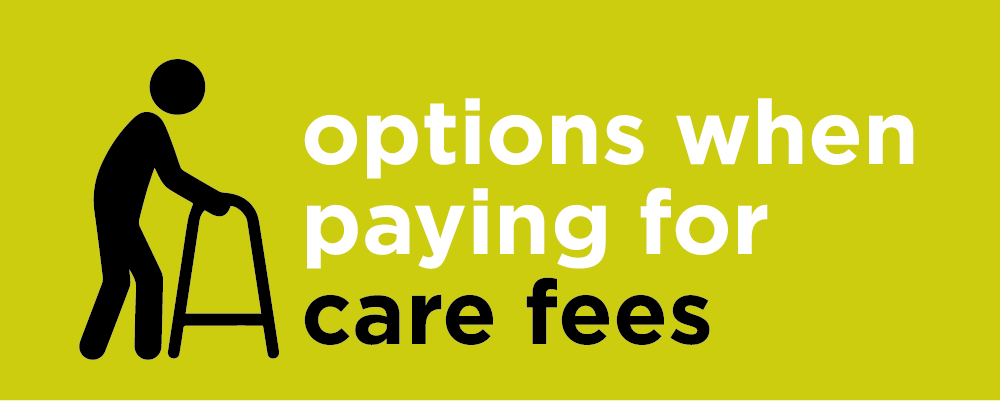- Basildon 01268244144
- Chelmsford 01245453800
- Colchester 01206217300
- London 020 4586 1280

Many people find it tough to hear that in most cases there is no getting away from the fact that you will have to pay for your own care needs. You work hard your whole life and then when the time comes and you need care assistance, your assets can easily be eaten up in care fees.
Will I have to pay for my own care?
One of the questions I am often asked is how do you determine whether you have to pay for your care and when does the local authority step in and pay towards your care needs? The answer is that it really depends on what your assets are, what type of care you require and whether you are receiving this in a care home or at home.
When considering whether you or the local authority pays for care, the first thing to do is to make a list of your assets and income. If you have assets over the value of £23,250 then you will have to pay for all your own care needs and the local authority will not contribute. If you have assets and capital of over £14,250 but less than £23,250 then the local authority will make a contribution to your care, but you will also need to.
If you own a property with someone then you need to determine how you hold the property, this can be either as joint tenants or tenants in common. If your property is held as joint tenants then each owner owns the whole property and the whole value of the property can be taken into account for the means test.
It means that whichever person predeceases the other will inherit the property. If the property is held as tenants in common then it means each person owns a fixed share in the property and so only the value of your fixed share will be taken into account as part of the means test.
Your home could be disregarded if a relative over the age of 60 remains living there or if you have a child or disabled relative living in the property.
Your savings and investments are likely to be taken into account as part of the financial test. If you hold any accounts jointly then only 50% of the account will be brought into the means test.
Most chattels are disregarded unless there is evidence you have purchased them to avoid paying for care home fees.
Private pensions and state pensions are taken into account. If you are in receipt of a Life Interest Trust then any capital is disregarded, but any income received is not. Discretionary Trusts can be disregarded as the beneficiary does not benefit outright.
Attendance allowance is disregarded if the person is a temporary resident in a care home.
Could I be eligible for NHS Continuing Healthcare?
NHS Continuing Healthcare is available where your illness is so severe that the NHS step in and pay for your care, as the person should not be paying for their own care at all.
If you think this is the case, you should ask for an assessment for NHS Continuing Healthcare and a team of healthcare professionals will look at your care needs and assess what assistance you need, how intense your needs are and how unpredictable your needs are.
They will also consider your needs in relation to your breathing, nutrition, continence, skin, mobility, communication, psychological and emotional needs as well as your cognition and behavior to name a few. The needs are marked from priority to low and if you are found to be a priority of a lot of the areas then it is likely you will be eligible for funding.
If you are found to be eligible then the NHS are responsible for paying for a suitable care package to meet the health and associated care needs.
NHS Continuing Healthcare can be provided in hospital, a care home and your own home.
Estate Planning
There are some ways in which you can protect your assets, for example, making gifts in your lifetime to reduce your estate value. However, you must do this without the intention of trying to mitigate care home fees, as if you do need care, the Local Authority will take into account any gifts made and your intentions when making the gift.
You can give away gifts of up to £3,000 to your loved ones in each tax year (6 April 2020 to 5 April 2021) without them being added to the value of your estate. You are also able to carry forward any unused exemption from the previous year, which could mean you can give a total of £6,000 to your loved ones.
Whilst considering later life planning, it is also important to consider what will happen to your estate on your passing. You can put in place a will which comes into effect on your death and it lists who will inherit your estate.
By executing a will, it means that your chosen loved ones have been provided for and you can have peace of mind knowing that your loved ones will be financially supported.
If you would like any assistance in planning for your future then please contact me on 01206 217609 or leah.woodnott@birkettlong.co.uk.



Comments